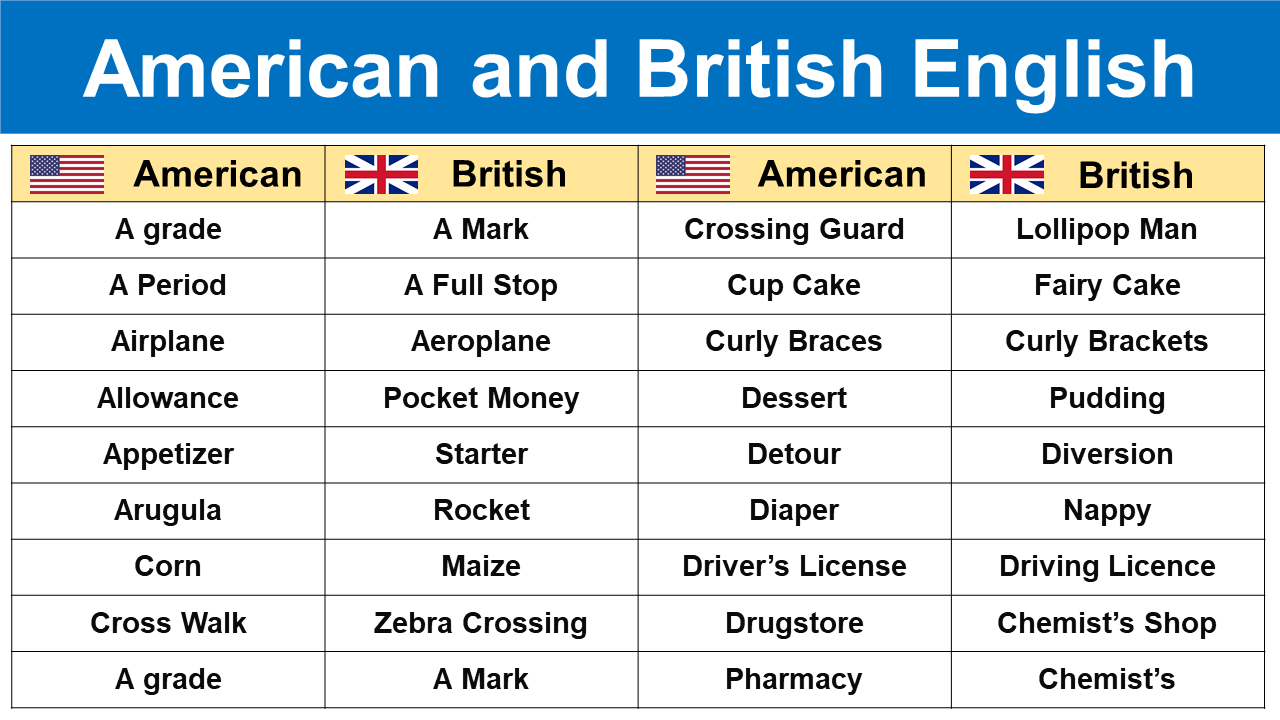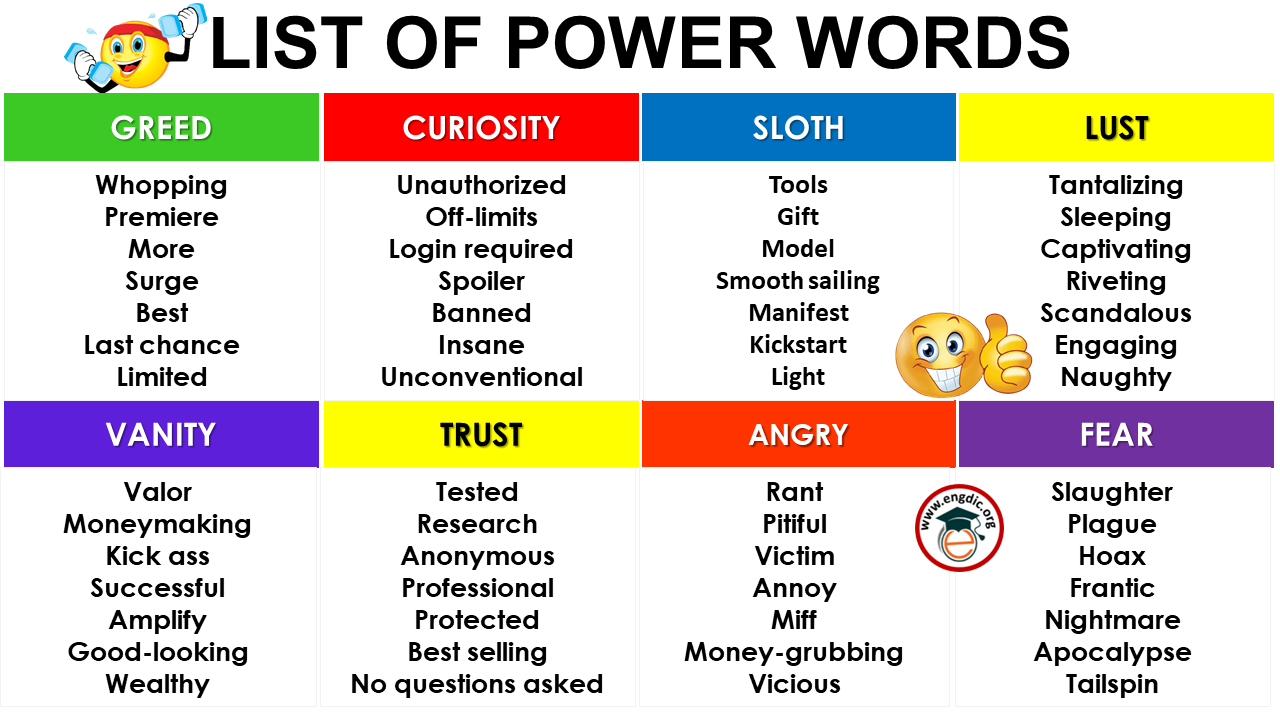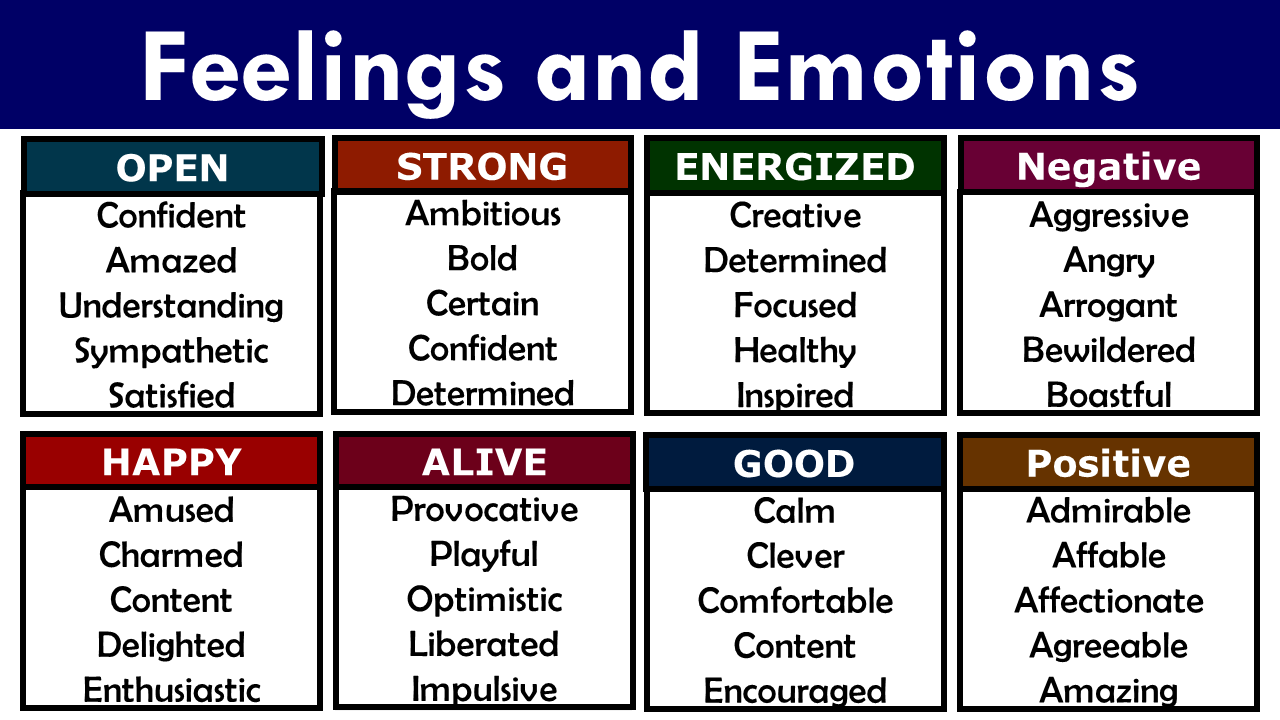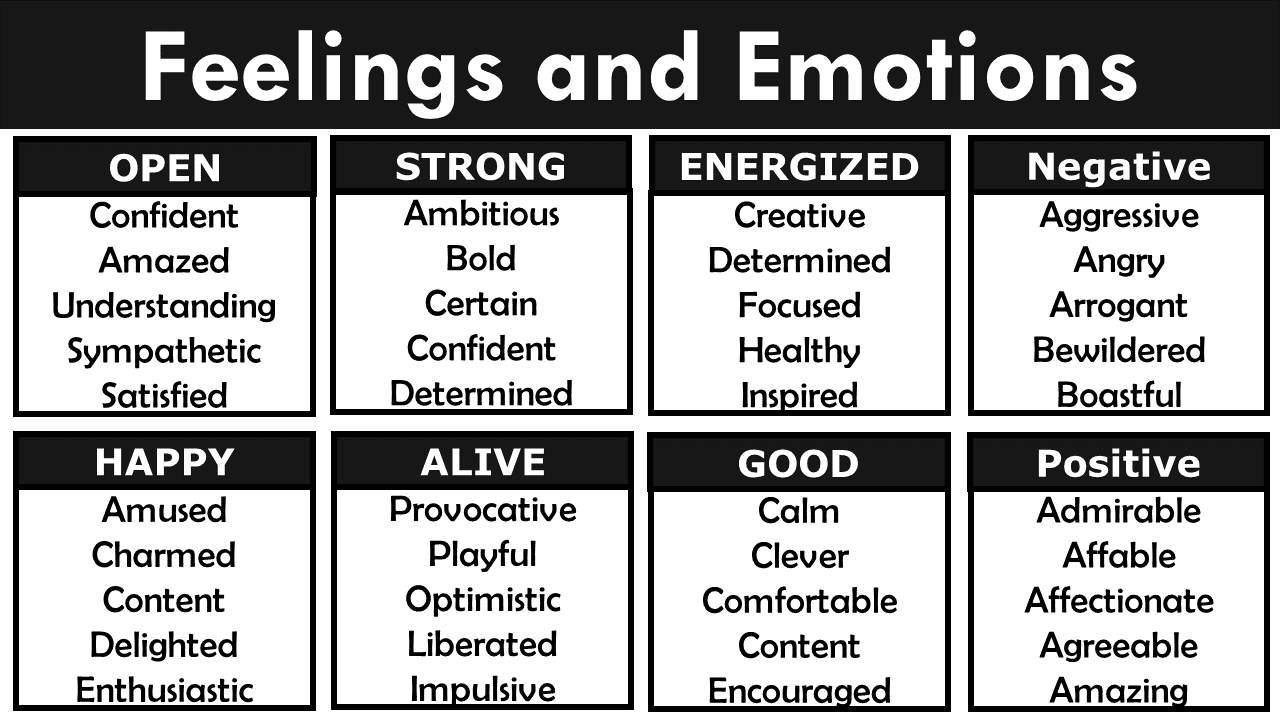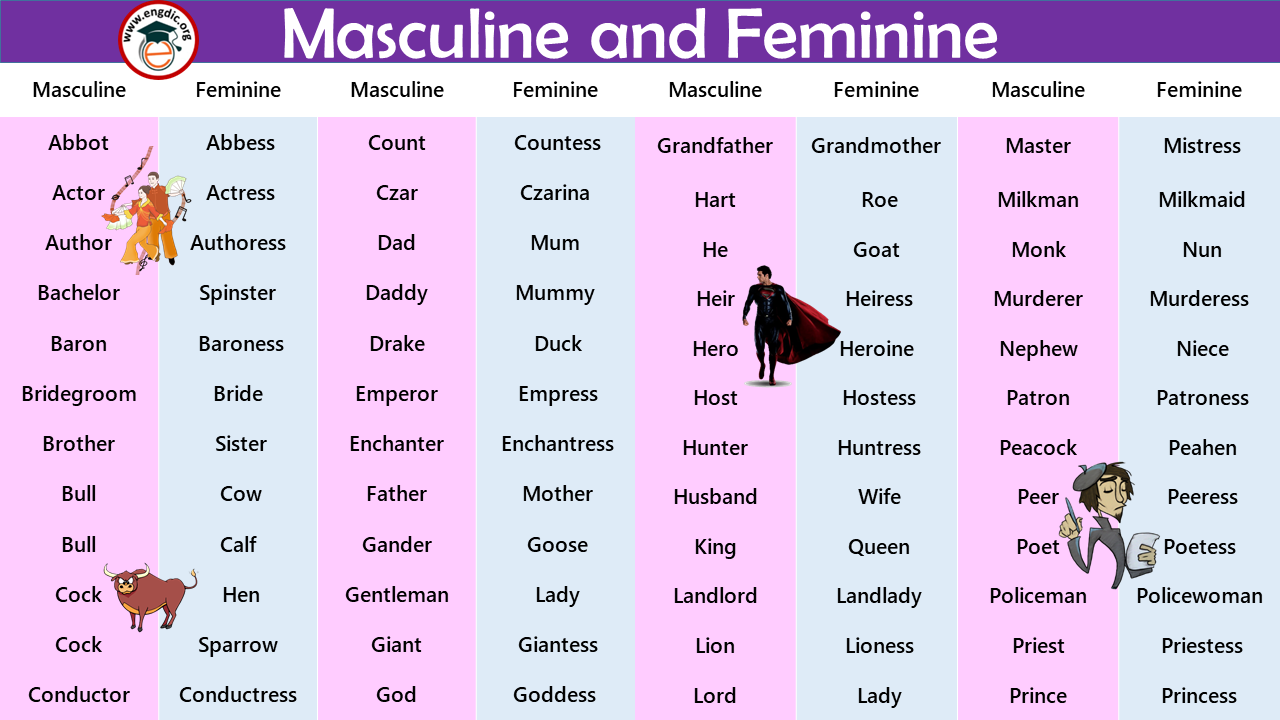Below is the List of normal English vs advanced English Sentences. Learn this interesting lesson to improve your Spoken English. ESL Pictures of this lesson can also be downloaded in the form of a PDF.
What is Advanced English?
Advanced English language is a super-power language. Advanced English Language skills to strengthen the speaking and listening abilities of ESL students.
Below are some very interesting sentences instead of some simple sentences, that you can use to empower your English speaking and listening.
Normal English Vs Advanced English Sentences
Below is the list of 50 Normal Vs Advance English sentences.:
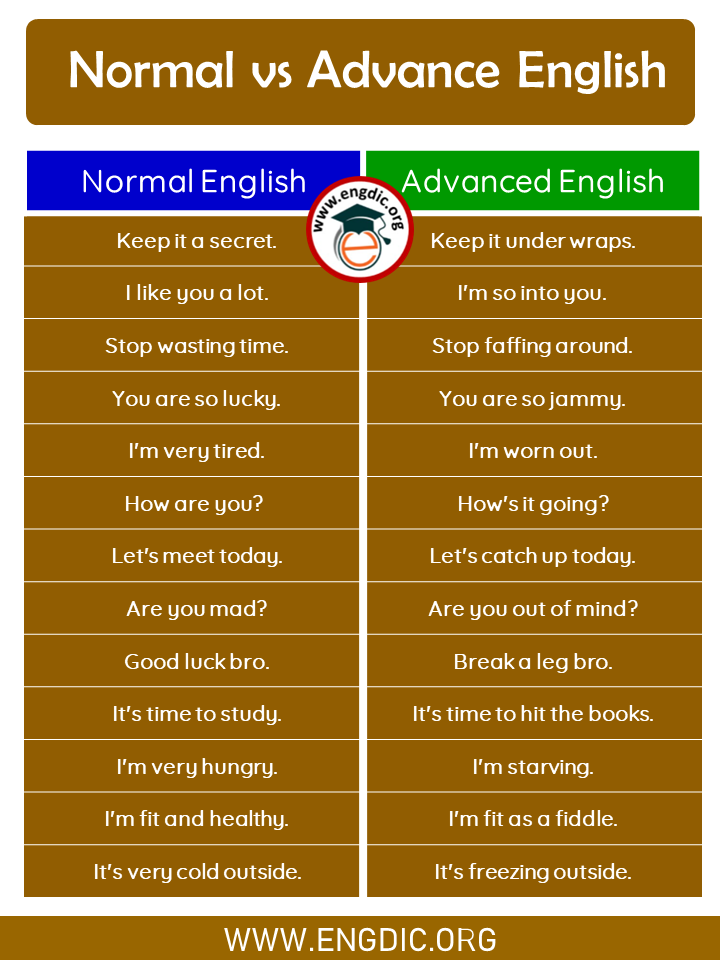
Normal English: ” How are you? ”
Advanced English: ” How’s it going? ”
Normal English: ” Let’s meet today. ”
Advanced English: ” Let’s catch up today. ”
Normal English: ” Are you mad? ”
Advanced English: ” Are you out of mind? ”
Normal English: ” Good luck bro. ”
Advanced English: ” Break a leg bro. ”
Normal English: ” It’s time to study. ”
Advanced English: ” It’s time to hit the books. ”

Normal English: ” I’m very hungry. ”
Advanced English: ” I’m starving. ”
Normal English: ” Text me when you get free. ”
Advanced English: ” Hit me up when you get free. ”
Normal English: ” I’m very busy. ”
Advanced English: ” I’m swamped. ”
Normal English: ” Hurry up, we’re getting late. ”
Advanced English: ” Chop chop, we’re getting late. ”
Normal English: ” Keep it a secret. ”
Advanced English: ” Keep it under wraps. ”

Normal English: ” I like you a lot. ”
Advanced English: ” I’m so into you. ”
Normal English: ” Stop wasting time. ”
Advanced English: ” Stop faffing around. ”
Normal English: ” You are so lucky. ”
Advanced English: ” You are so jammy. ”
Normal English: ” I’m very tired. ”
Advanced English: ” I’m worn out. ”
Normal English: ” I’m very tired. ”
Advanced English: ” I’m exhausted. ”
Normal English: “Senorita! You are so beautiful. ”
Advanced English: “Senorita! You are drop -> dead gorgeous. ”

Normal English: ” I’m a bit busy. ”
Advanced English: ” I’m a bit tied up. ”
Normal English: ” Why are you so angry? ”
Advanced English: ” Why are you so pissed off? ”
Normal English: ” It’s not so difficult. ”
Advanced English: ” It’s not rocket science. ”
Normal English: ” I’m going to get married tomorrow. ”
Advanced English: ” I’m going to tie the knot tomorrow. ”
Normal English: ” I’m very happy. ”
Advanced English: ” I’m over the moon. ”
Normal English: ” I visit my hometown very rarely. ”
Advanced English: ” I visit my hometown once in a blue moon. ”
Normal English: ” Sorry, I fell asleep. ”
Advanced English: ” Sorry, I nodded off. ”
Normal English: ” I’m fit and healthy. ”
Advanced English: ” I’m fit as a fiddle. ”
Normal English: ” It’s very cold outside. ”
Advanced English: ” It’s freezing outside. ”
Normal English: ” Can I come tomorrow? ”
Advanced English: ” Can I drop in tomorrow? ”


20 Advanced English Sentences For Daily Use
Big vs. Enormous:
Normal: “That’s a big house.”
Advanced: “That’s an enormous house.”
Quiet vs. Silent:
Normal: “It’s quiet in here.”
Advanced: “It’s absolutely silent in here.”
Cold vs. Freezing:
Normal: “It’s a bit cold outside.”
Advanced: “It’s absolutely freezing outside.”
Old vs. Ancient:
Normal: “That’s an old book.”
Advanced: “That’s an ancient book.”
Hot vs. Scorching:
Normal: “It’s a hot day today.”
Advanced: “It’s a scorching day today.”
Interesting vs. Fascinating:
Normal: “That’s an interesting article.”
Advanced: “That’s a fascinating article.”
Happy vs. Delighted:
Normal: “I’m happy to see you.”
Advanced: “I’m absolutely delighted to see you.”
Small vs. Petite:
Normal: “She’s a small person.”
Advanced: “She’s a petite person.”
Bad vs. Terrible:
Normal: “That’s a bad movie.”
Advanced: “That’s a terrible movie.”
Funny vs. Hilarious:
Normal: “That’s a funny joke.”
Advanced: “That’s a hilarious joke.”
Smart vs. Brilliant:
Normal: “He’s a smart student.”
Advanced: “He’s a brilliant student.”
Easy vs. Effortless:
Normal: “That’s an easy task.”
Advanced: “That’s an effortless task.”
Nice vs. Wonderful:
Normal: “That’s a nice park.”
Advanced: “That’s a wonderful park.”
Hard vs. Challenging:
Normal: “That’s a hard test.”
Advanced: “That’s a challenging test.”
Bad vs. Atrocious:
Normal: “That’s a bad haircut.”
Advanced: “That’s an atrocious haircut.”
Dirty vs. Filthy:
Normal: “That’s a dirty shirt.”
Advanced: “That’s a filthy shirt.”
Happy vs. Overjoyed:
Normal: “I’m happy with the results.”
Advanced: “I’m overjoyed with the results.”
Small vs. Miniscule:
Normal: “That’s a small mistake.”
Advanced: “That’s a minuscule mistake.”
Good vs. Exceptional:
Normal: “That’s a good performance.”
Advanced: “That’s an exceptional performance.”
Clever vs. Ingenious:
Normal: “He’s a clever inventor.”
Advanced: “He’s an ingenious inventor.”
Normal English Vs Advanced English Vocabulary
- Hot: Scorching, torrid, sweltering
- People: Populace, citizenry, denizens
- Attach: Affix, fasten, connect
- Luck: Fortuity, serendipity, providence
- First: Inaugural, foremost, primary
- Determined: Resolute, unwavering, steadfast
- Chief: Head, leader, principal
- Mark: Emblem, insignia, symbol
- Might: Potency, potentiality, forcefulness
- Settle: Resolve, reconcile, establish
- Pollute: Contaminate, defile, taint
- Seat: Throne, pew, bench
- Loud: Deafening, cacophonous, thunderous
- Belong: Pertain, own, affiliate
- Yesterday: Yesteryear, former times, bygone era
- Government: Regime, administration, governance
- Achieve: Accomplish, attain, realize
- Ray: Beam, gleam, shaft
- Regain: Recoup, retrieve, recover
- Adjust: Acclimate, adapt, regulate
- Morning: Dawn, forenoon, sunrise
- Peace: Tranquility, serenity, harmony
- Crowd: Multitude, throng, swarm
- Moon: Lunar, satellite, celestial body
- Above: Overhead, aloft, skyward
- Different: Dissimilar, divergent, distinct
- Body: Corpus, anatomy, physique
- Before: Prior, antecedent, former
- Track: Pathway, route, course
- Inferior: Substandard, mediocre, inadequate
- Day: Diurnal, daylight, 24-hour period
- Art: Fine art, craftsmanship, creativity
- Sleep: Slumber, repose, rest
- River: Stream, watercourse, brook
- Him: He, male, gentleman
- Car: Automobile, vehicle, motorcar
- Cordial: Amicable, genial, affable
- Laugh: Chuckle, giggle, chortle
- Smooth: Sleek, polished, suave
- Entertainment: Amusement, diversion, recreation
- Wet: Moist, damp, soggy
- Land: Terrain, earth, territory
- Win: Triumph, prevail, conquer
- Sad: Melancholy, despondent, gloomy
- Leader: Trailblazer, guide, mentor
- Waves: Undulation, surge, billow
- Large: Colossal, immense, prodigious
- Whoever: Whomever, whichever, anyone who
- Better: Superior, superior quality, surpassing
- Guest: Visitor, invitee, attendee
- Permit: Authorization, license, sanction
- Possible: Feasible, viable, attainable
- Brother: Sibling, male sibling, fraternal relation
- Wish: Desire, aspiration, longing
- Everything: All, entirety, whole
- Last: Final, ultimate, conclusive
- Official: Formal, authorized, sanctioned
- Conclude: Deduce, infer, come to a decision
- Chief: Head, leader, principal
- Range: Spectrum, variety, Array
- Children: Offspring, progeny, young ones
- Strong: Robust, vigorous, stalwart 63
- Alone: Solitary, isolated, unaccompanied
- Abroad: Overseas, foreign, in a foreign country
- Silent: Hushed, noiseless, soundless
- Tender: Delicate, gentle, affectionate
- Place: Locale, site, position
- Poem: Verse, sonnet, ode
- Feet: Pedals, paws, hooves
- Congratulate: Felicitate, compliment, applaud
- Idea: Notion, concept, thought
- Catch: Seize, apprehend, intercept
- Disappear: Vanish, evaporate, fade away
- Up: Aloft, upward, skyward
- East: Orient, easternmost, oriental
- Often: Frequently, regularly, repeatedly
- Various: Diverse, manifold, heterogeneous
- Punch: Jab, blow, hit
- Value: Worth, merit, significance
- Believe: Trust, have faith in, and credit
- Birth: Nativity, delivery, parturition
- Fine: Superb, excellent, exquisite
- Impossible: Inconceivable, impracticable, unattainable
- Low: Inferior, humble, depressed
- Skill: Expertise, proficiency, dexterity
- Belated: Tardy, overdue, delayed
- Master: Expert, virtuoso, maestro
- Fly: Soar, glide, take flight
- Fasten: Secure, fix, attach
- Sure: Certain, confident, convinced
- Admiring: Appreciative, approving, praising
- Fire: Blaze, conflagration, inferno
- Ignore: Disregard, neglect, overlook
- Growth: Development, expansion, progression
- Work: Labor, toil, exertion
- Task: Assignment, mission, job
- Great: Magnificent, splendid, superb
- Coat: Jacket, outerwear, overcoat
- Another: Additional, different, alternative
- Medicine: Medication, remedy, drug
Normal English Vs IELTS English
Normal English and IELTS English differ mainly in terms of their purpose and the level of proficiency required.
Normal English, also known as everyday or informal English, is the language used in everyday conversations, social interactions, and informal settings. It is the type of English that is used in daily life and is not subject to any specific standards or rules.
On the other hand, IELTS English refers to the type of English used in the International English Language Testing System (IELTS) examination. IELTS is a standardized test that assesses the English language proficiency of non-native speakers who wish to study or work in countries where English is the primary language.
IELTS English requires a higher level of proficiency and accuracy than normal English. It involves using a broader vocabulary range, complex sentence structures, and formal language, as it aims to assess the test-takers ability to communicate effectively in academic and professional contexts.
In summary, normal English is the language used in everyday life, while IELTS English is a specific type of English used for a particular purpose, which requires a higher level of proficiency and accuracy.
Normal English Vs IELTS English Examples
Normal: Hi, how are you doing?
IELTS: Good morning, how are you today?
Normal: What’s up?
IELTS: What is your current state of being?
Normal: Can you pass me the salt, please?
IELTS: Kindly pass me the condiment, would you please?
Normal: I’m feeling hungry.
IELTS: I am experiencing pangs of hunger.
Normal: I like listening to music.
IELTS: I have an appreciation for the art of music.
Normal: Where are you from?
IELTS: May I inquire as to your country of origin?
Normal: What did you do yesterday?
IELTS: What activities did you engage in during the previous day?
Normal: What’s your favorite color?
IELTS: What hue do you find most aesthetically pleasing?
Normal: Have you seen that movie before?
IELTS: Have you previously viewed that cinematic production?
Normal: I’m going to the store.
IELTS: I am embarking on a journey to the retail establishment.
Download this Lesson on Normal English vs Advance English in PDF

